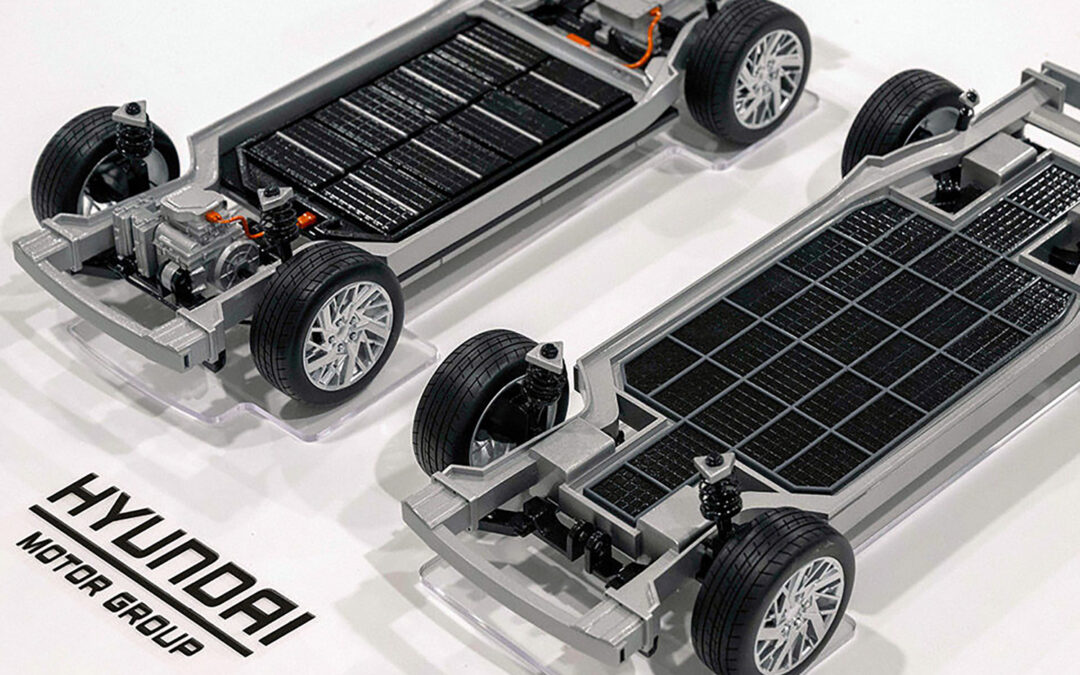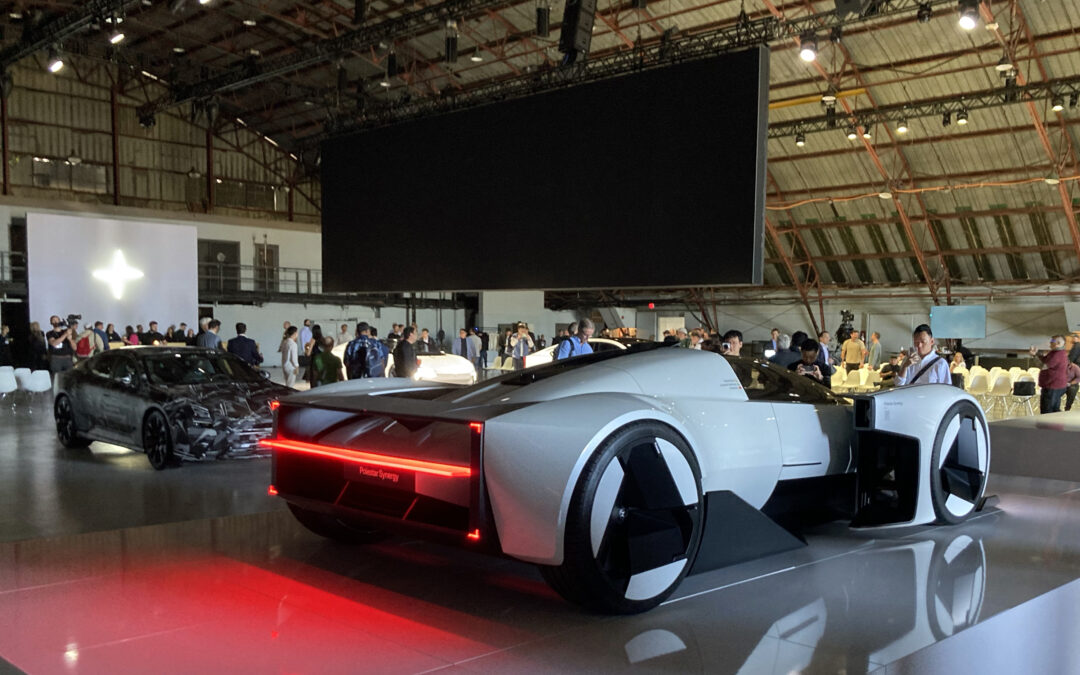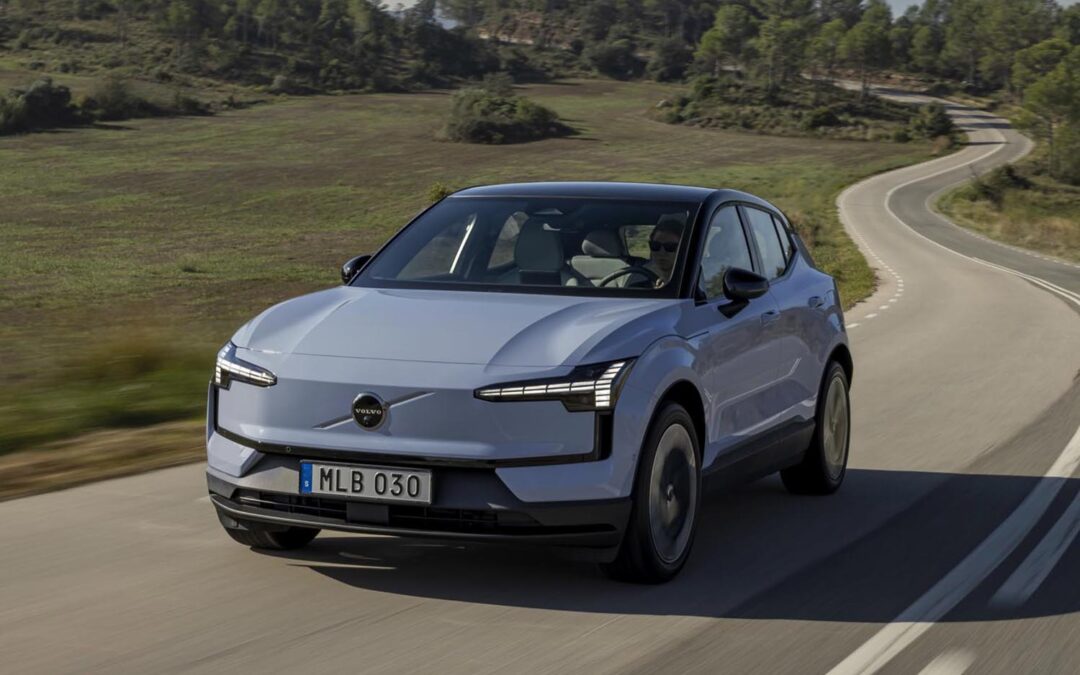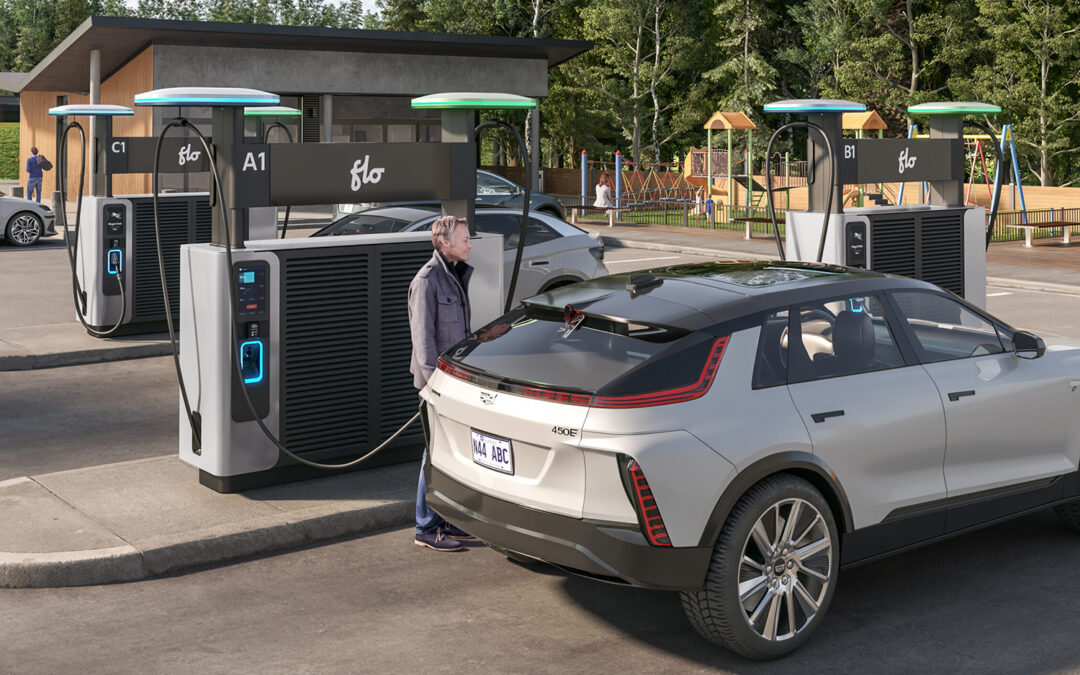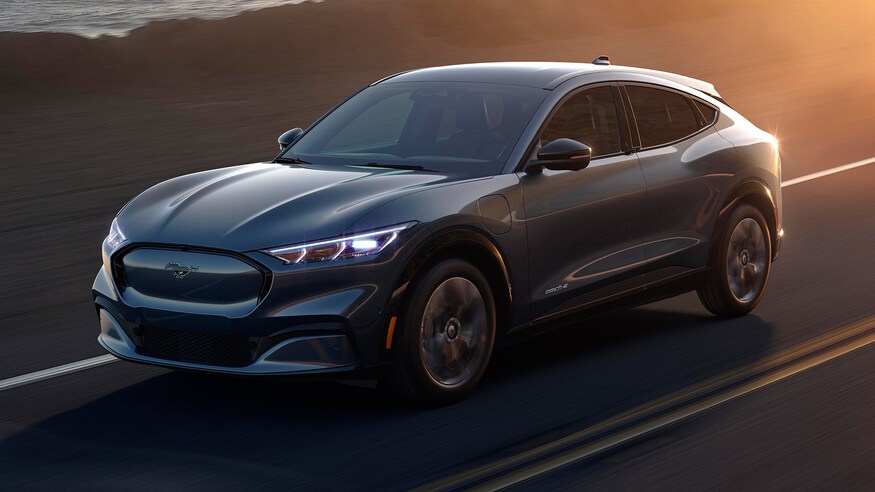At the North American Leaders’ Summit earlier this week, Prime Minister Justin Trudeau raised concerns about the proposed electric-vehicle tax credit with US President Joe Biden. The tax-credit proposal is only inclusive of American-made electric vehicles and batteries, with extra credits for those built in union shops, which, as Deputy Prime Minister Chrystia Freeland notes, could be a “dominant issue” in Canada-U.S. relations if an agreement isn’t reached.
Speaking to his efforts at the summit, Trudeau expressed confidence that they would reach a constructive agreement, despite any challenges along the way. “We’re going to continue to do the work necessary to not just highlight our position but find a solution,” he said. “This summit has been extremely effective. Our partnerships are strong and unwavering.” Freeland mirrored Trudeaus enthusiasm, noting that she believes there’s plenty of room to negotiate a “win-win” for both sides.
But Biden, for his part, seemingly offered no hints that he’s willing to adjust the proposed tax credit to include Canadian-made EVs, which could have an incredible impact on the future of the Canadian automotive sector.
The proposed US$12,500 zero-emissions vehicles tax credit, which has yet to be passed in the House, is part of Biden’s signature “Build Back Better” bill, which aims to tackle a number of climate change initiatives and social issues. The new tax credit will act as a restructuring of the current federal tax credit program, which offers US consumers up to US$7,500 in federal tax credits for EV purchases but limits the incentives for automakers once they exceed 200,000 units sold.

